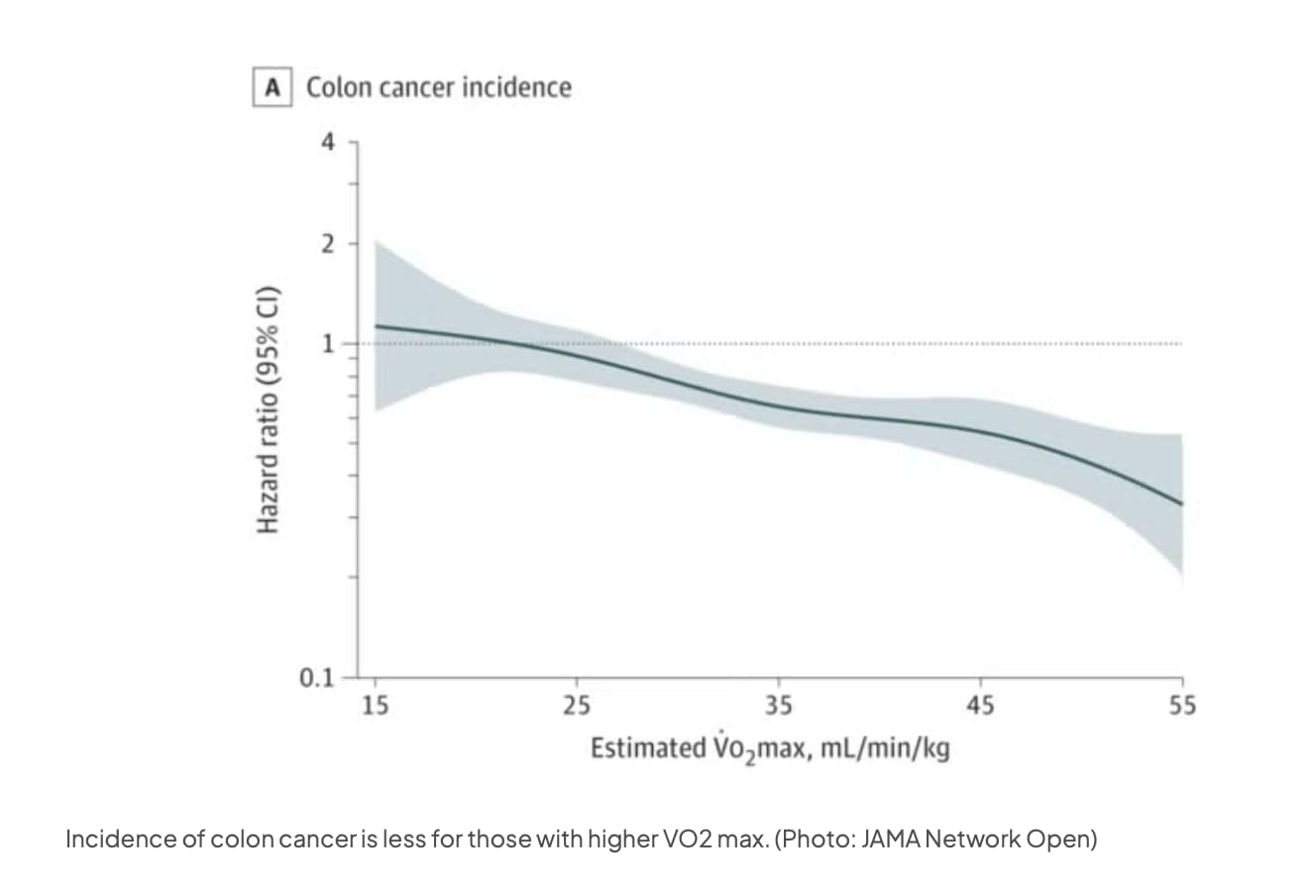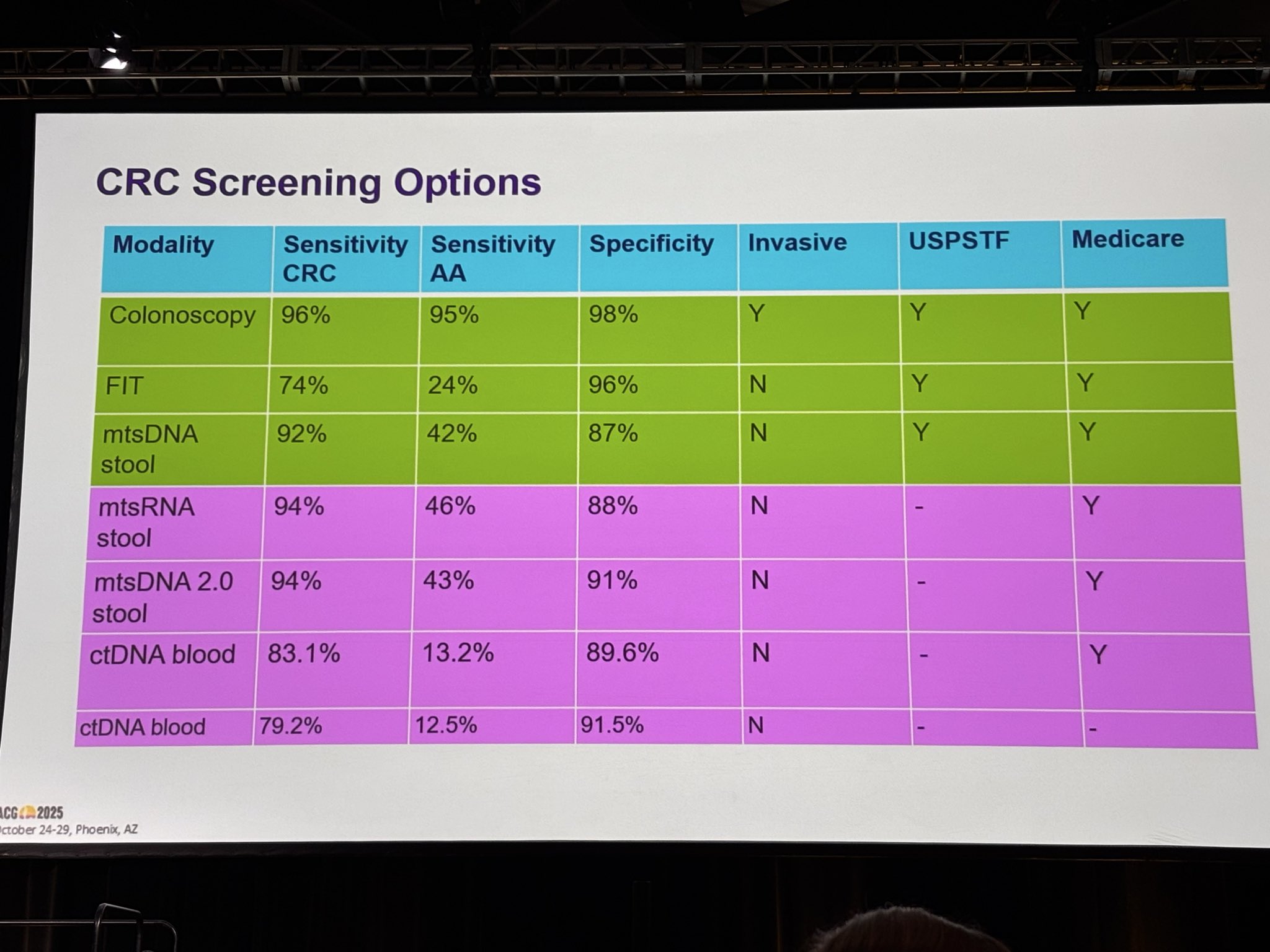Neo, I’m slow in getting to this conversation. But, in case you didn’t get an answer here is what ChatGPT says:
Menadione (Vitamin K3) is a synthetic compound that is not commonly found in natural food sources. However, it is sometimes used in animal feed and supplements due to its vitamin K activity. Unlike natural forms of vitamin K, such as:
- Vitamin K1 (Phylloquinone) – Found in leafy green vegetables (spinach, kale, broccoli).
- Vitamin K2 (Menaquinone) – Found in fermented foods, animal products, and certain cheeses.
Menadione is not typically used in human dietary supplements due to concerns about potential toxicity at high doses. Instead, natural vitamin K sources are preferred for human nutrition.
Vitamin D to help prevent Colon Cancer…
Source Paper for Study:
- Fekete M, Lehoczki A, Szappanos A, et al. Vitamin D and colorectal cancer prevention: immunological mechanisms, inflammatory pathways, and nutritional implications. Nutrients. 2025:17(1351). doi:10.3390/nu17081351
-
Metformin is the most widely prescribed diabetes drug in the world.
-
Scientists believe the drug has some colon-cancer prevention benefits.
-
New research provides hints about its use as a supplemental colon-cancer treatment.
A cheap, widely prescribed diabetes drug that some doctors have called a “wonder drug” may hold promise as a colon-cancer-fighting supplement.
Scientists who presented at the American Association for Cancer Research conference in Chicago last week are studying how metformin — the most popular diabetes medication worldwide — interacts with tough-to-treat colon cancer cells. Their research is still early and ongoing.
Based on what Loomans-Kropp and her team have seen so far in cell-culture dishes, metformin could become a helpful “supplement” to certain cancer treatment regimens in the future. It wouldn’t be potent enough to treat cancer on its own, but could be used alongside other treatments.
There are 3 facts that I have learned about the type of colon cancer that is affecting young people that I have found to be true for me.
-
All of the polyps are in the rectum and the length of colon on the side closest to the rectum.
-
Even though I have tried various supplements and interventions to prevent colon polyps none of them have worked. I still have 2-3 of the dangerous precancerous polyps removed every 3 years when I have a colonoscopy.
-
If I had not had the first polyps removed in my early 30s, I would probably be fighting advanced stage colon cancer or dead by now.
A colonoscopy is the only way, IMHO, to find and remove this deadly cancer before it develops. Fortunately this method is VERY effective and not that expensive compared to the price of cancer.
Regular colonoscopies have been the first and best longevity intervention I have ever tried!
How do you know to look the first time at this younger age?
I had heard about people developing cancer and dying in their mid 40s. It takes about 10 years for the polyps to turn into cancer. So, that meant I should check around age 35. Also my father had polyps so it concerned me. If you are 35 or over, I believe it’s good to get a colonoscopy.
If no polyps are found, you can try again a decade later. If the doctor finds many polyps, as in my case, then you do one every 3 years from then on.
Even though I know I am prone to developing colon cancer, I now have peace of mind as my doctor can remove the polyps faster than they can turn into cancer!
The alternative is a living nightmare of colon cancer.
I’m a UK citizen over 60. The NHS sends me fecal test kits every few years, and I have had one colonoscopy due to mild diverticular disease.
NOTE: my last fecal results (OK) said they would only send me the fecal test kits up to age 75, then I have to request them!!
This is a cost-cutting measure, I think, but a bit sinister as well; we all know that the cancer probability increases with age. Obviously when I reach 75 I will ensure I have this in my scheduler.
It’s probably also just a realistic take on prostate cancer. If you don’t have it by age 75 and the average lifespan in the UK is about 80 years, and prostate cancer is a slow killer, the policy will likely impact very few people negatively.
If course for the unusual people like us, who plan to live over 100 years, it’s a different issue.
@DeStrider have you tried metformin or sulforaphane? I think those might reduce number of polyps but most supplements i wouldnt think would, as you have found. Glp1 also promising…
I’ve been taking Metformin daily for about 7 years. I’ve taken sulfurophane by eating lots of broccoli. Neither has reduced the number of polyps.
I found this story on the marathon running / colon cancer link interesting…
For example, a 2023 Swedish study of 177,000 men found that those with the highest fitness (as assessed with an exercise test to estimate VO2 max) were least likely to develop colon cancer over the subsequent decade. Here’s a graph showing their risk as a function of fitness:
You can see that the graph gets steadily lower with increasing fitness: there’s no hint that it turns up for the fittest people. The highest value of VO2 max on this graph is 55 ml/min/kg, which corresponds very loosely to a marathon time of a little under three hours. These are seriously fit people, in other words.
Read the full story here:
Only the first option is viable for me. I am predisposed to colon cancer, so I don’t want to take any risks. I would rather have a fairly benign procedure done every 3 years to keep my colon cancer-free than to live under the dire threat of having cancer. Having cancer would wreck my life and outlook. Colonoscopies are as close as we can get to 100% certainty of preventing colon cancer. Since cancer takes 10 years to form, if I do a colonoscopy every 3 years, as my doctor recommends, I should be able to live colon cancer-free. Since my insurance covers 90% of the cost, it’s a no-brainer.
Just got bad news. My sister-in-law s boyfriend went to see the doctor and he got his CEA score of 17. A value of 10-20 usually means early stage colon cancer. He’s now panicking to get a colonoscopy. He’s 52 years old. It means he probably started forming the cancer at 42. I highly recommend everyone get a colonoscopy in your early 40s or as soon as possible!
Something is definitely causing cancer in people a lot younger than before!!!


